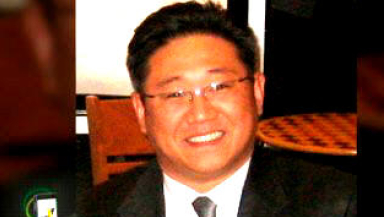
North Korea has revoked an invitation for a US envoy to travel to Pyongyang to seek the release of an American man, the US state department says.
According to a story by the BBC, Robert King, the US special envoy for North Korean rights, was expected to make his appeal to release Kenneth Bae, 45, on humanitarian grounds.
Bae, a Korean-American, was given 15 years hard labor in May.
North Korea said Bae, a Christian missionary and tour operator, used his tourism business to plot sedition.
State department spokeswoman Marie Harf said on Friday the US was "surprised and disappointed" by the decision to rescind the envoy's invitation.
"We have sought clarification from the DPRK (North Korea) about its decision and have made every effort so that Ambassador King's trip could continue as planned or take place at a later date," the BBC reported Harf said in a statement.
She added that the US was "gravely concerned" about Bae's health.
King had been expected to travel on Saturday from Tokyo to spend two days in Pyongyang. He will now return to Washington.
"We have not been told that anything is definite," the US envoy said in Japan on Wednesday. "We are going to make an appeal."
He said Bae "has health problems and we are hopeful that we are going to be able to make progress on that."
Bae's family say he is seriously ill and has been moved from a labor camp to a hospital. They say he has diabetes and an enlarged heart.
The BBC said Bae (known in North Korea as Pae Jun-ho) was arrested in Nov. 2012 as he entered the north-eastern port city of Rason, a special economic zone near North Korea's border with China.
Bae's trial and conviction came at a time of high tension between the US and North Korea, in the wake of the communist state's third nuclear test.
It also came as the US and South Korea conducted annual large-scale military exercises, which angered Pyongyang.
It had been hoped that King's visit could kick-start new contacts between Washington and Pyongyang, said the BBC's Lucy Williamson in Seoul.
North Korea has arrested several US citizens in recent years, including journalists and Christians, accusing them of proselytizing .
They were released after visits to Pyongyang by high-profile officials, including former Presidents Bill Clinton and Jimmy Carter.













